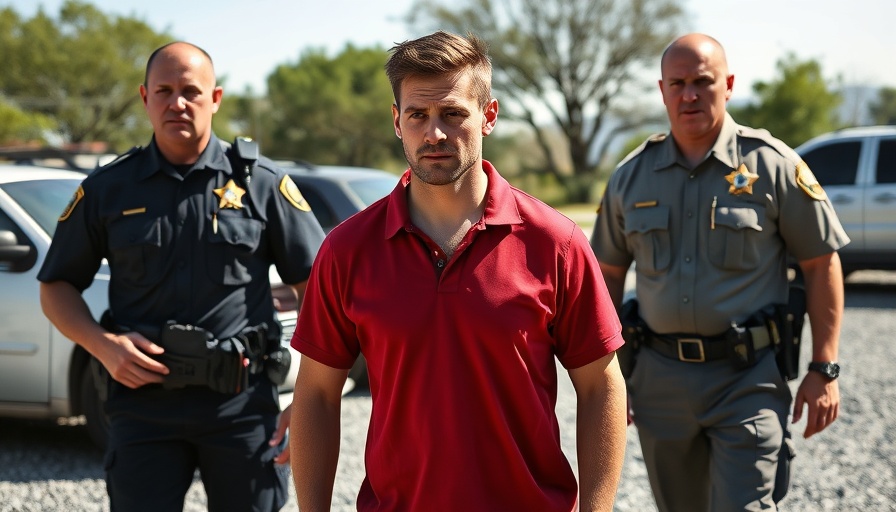
Understanding the Risks of Self-Representation in High-Stakes Trials
Ryan Routh's case highlights a significant and sensitive issue within the American legal system: the right to self-representation. While it may seem empowering for defendants like Routh to take their fate into their own hands, the complexities of a high-profile trial, especially one involving national figures like former President Donald Trump, can lead to dire consequences.
Self-representation can often leave individuals at a disadvantage, particularly in navigating legal nuances and courtroom protocols. Routh’s situation poses questions about whether he fully comprehends the implications of his choice. Court-appointed standby counsel, mandated by U.S. District Judge Aileen Cannon, indicates an acknowledgement of potential pitfalls in his decision.
A Glimpse into Ryan Routh's Motives
In analyzing Routh's motivations, it’s essential to consider the psychological and societal factors that drive individuals to such extreme actions. The chilling circumstance of attempting an assassination brings forth discussions about mental health and public safety. As Florida communities reflect on the broader implications of Routh's actions, it connects to ongoing national concerns about political tensions and threats directed at public officials.
Interestingly, Routh's case also screams for a deeper evaluation of how polarizing political climates can affect individuals' mental well-being. A study released last year indicated rising anxiety levels among individuals with extremist views, shedding light on the precarious balance between mental health and political discourse.
Legal Precedents and Future Ramifications
The outcome of Routh's trial could set significant legal precedents. The decision allowing him to represent himself underscores the intricate nature of constitutional rights and the legal system’s response to such fundamental freedoms. Observers are keenly watching as this case unfolds, predicting that it may influence how future defendants approach their legal representation.
Moreover, the implications of this case extend beyond the courtroom. Communities are left grappling with the role of local law enforcement and the U.S. Secret Service, as detailed in the accounts of how Routh's alleged attempts were thwarted. The intersection of public safety and individual rights remains a contentious topic, especially within the framework of increasing security concerns nationally.
Reflection on Community Safety and Responsibility
As Routh prepares to face trial, those living in the Suncoast region must reflect on the social responsibility that comes with engaging in political discussions. The dynamics of community safety intersect with personal responsibility, emphasizing the need for dialogue and understanding as means of mitigating extreme behaviors.
With the trial set for September, this moment stands as a vital opportunity for both the local and national community to engage in meaningful conversations about peace, safety, and the undercurrent of political rhetoric affecting mental health.
In conclusion, as Routh's trial approaches, it is a crucial reminder of the responsibilities citizens have to each other in maintaining a safe, open dialogue about political beliefs while prioritizing mental health awareness. Staying informed about such events not only enhances public safety but also fosters a collective sense of well-being.
 Add Row
Add Row  Add
Add 


Write A Comment